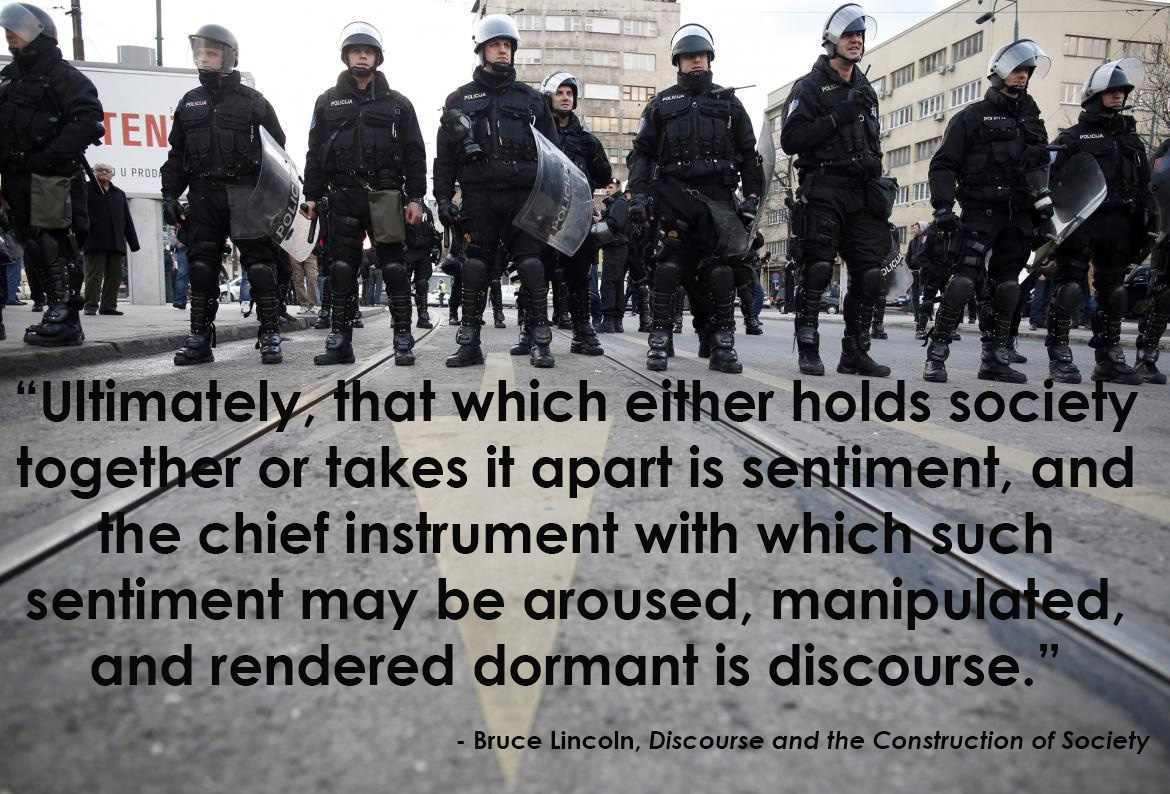 Let’s start with Ben Carson, Republican candidate for President of the United States. After his statements on Sunday saying that he would not support a Muslim as President of the United States and that Islam, as a religion, is incompatible with the US Constitution, his further explanations have compounded the problem. According to a Politico article, Carson reportedly clarified that someone with a Muslim heritage could win his support if that person is “willing to reject the tenets [of Islam] and accept the way of life that we have and clearly will swear to place the Constitution above their religion.” In case his meaning is not perfectly clear, he continued, “Then, of course, they will be considered infidels and heretics.” His campaign manager similarly clarified that there was no problem with someone who followed “Islam-lite.” Continue reading “Who Supports Al-Qaeda and ISIS?”
Let’s start with Ben Carson, Republican candidate for President of the United States. After his statements on Sunday saying that he would not support a Muslim as President of the United States and that Islam, as a religion, is incompatible with the US Constitution, his further explanations have compounded the problem. According to a Politico article, Carson reportedly clarified that someone with a Muslim heritage could win his support if that person is “willing to reject the tenets [of Islam] and accept the way of life that we have and clearly will swear to place the Constitution above their religion.” In case his meaning is not perfectly clear, he continued, “Then, of course, they will be considered infidels and heretics.” His campaign manager similarly clarified that there was no problem with someone who followed “Islam-lite.” Continue reading “Who Supports Al-Qaeda and ISIS?”
Better Safe Than Sorry
 The old adage that many parents have taught their children has taken on more powerful form in the age of Terror Alerts and school shootings. Like those airport announcements about reporting any unattended baggage, these admonitions and attitudes generate fear that justifies increasing governmental surveillance and the appropriation of additional resources to the state’s security apparatuses (and the private companies who make surveillance equipment like the $120 million of full body scanners whose effectiveness is questionable). The troubling consequences from this creation of terror and fear extend further. Continue reading “Better Safe Than Sorry”
The old adage that many parents have taught their children has taken on more powerful form in the age of Terror Alerts and school shootings. Like those airport announcements about reporting any unattended baggage, these admonitions and attitudes generate fear that justifies increasing governmental surveillance and the appropriation of additional resources to the state’s security apparatuses (and the private companies who make surveillance equipment like the $120 million of full body scanners whose effectiveness is questionable). The troubling consequences from this creation of terror and fear extend further. Continue reading “Better Safe Than Sorry”
On Concision
 This is part of a collection of posts of quotations from The Sociologist and the Historian, (first published in French in 2010 and in English in 2015), a short collection of transcripts from a series of late 1987/early 1988 radio interviews between Roger Chartier and the late social theorist, Pierre Bourdieu.
This is part of a collection of posts of quotations from The Sociologist and the Historian, (first published in French in 2010 and in English in 2015), a short collection of transcripts from a series of late 1987/early 1988 radio interviews between Roger Chartier and the late social theorist, Pierre Bourdieu.
Society — to make ‘society’ the subject of a sentence is committing myself to speaking nonsense, but I am forced to speak in this way in order to go quickly — society exists in two fashions…. (55)
Listen to the original radio broadcast, in French, here.
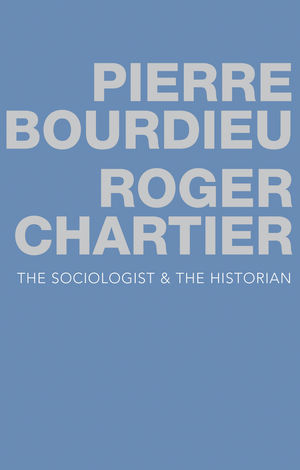
Good vs. Evil Makes a Good Story
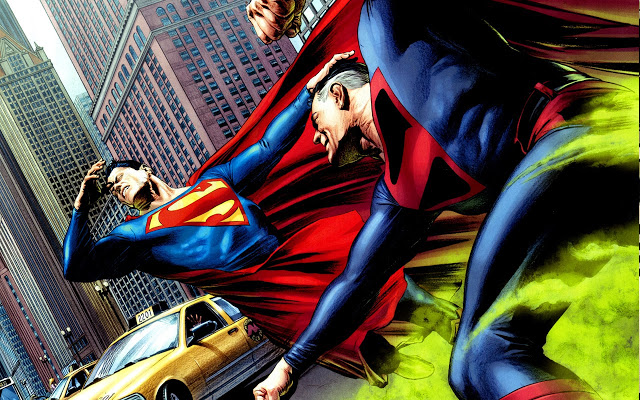 Darth Vader vs. Luke Skywalker, Sauron vs. Gandalf, Voldemort vs. Harry Potter. Stories are full of good and bad characters, sometimes complicated with the redemption of a character like Darth Vader, but what does it take to maintain such a stark division between good and evil?
Darth Vader vs. Luke Skywalker, Sauron vs. Gandalf, Voldemort vs. Harry Potter. Stories are full of good and bad characters, sometimes complicated with the redemption of a character like Darth Vader, but what does it take to maintain such a stark division between good and evil?
On False Problems
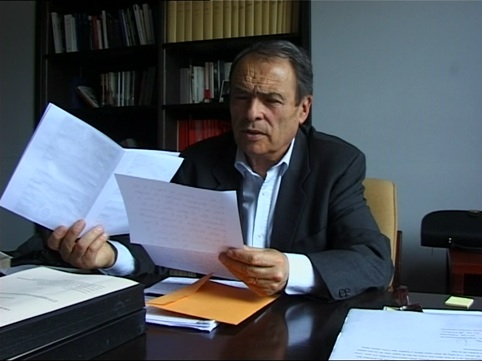 This is part of a collection of posts of quotations from The Sociologist and the Historian, (first published in French in 2010 and in English in 2015), a short collection of transcripts from a series of late 1987/early 1988 radio interviews between Roger Chartier and the late social theorist, Pierre Bourdieu.
This is part of a collection of posts of quotations from The Sociologist and the Historian, (first published in French in 2010 and in English in 2015), a short collection of transcripts from a series of late 1987/early 1988 radio interviews between Roger Chartier and the late social theorist, Pierre Bourdieu.
If these false sociological problems, false scientific problems, persist, this is because they are often based on real social problems or on real social interests. For example, as you suggested, I believe that the majority of these oppositions between macro and micro, objective and subjective, and today, among historians, between economic analysis and political analysis, and so on, are false oppositions that do not resist three seconds of theoretical analysis, but that they are extremely important because they fulfill social functions for those who use them….
The interest in false problems is that they are eternal. Besides, from the point of view of science, these false problems are often rooted in real political problems: that’s the case, for example, with the opposition between individuals and society, individualism and socialism, individualism and holism, all those ‘ism’ words that I see as absurd, without any sense. These oppositions can always be reactivated because they have something to do with the opposition between collectivism or socialism on the one hand and liberalism on the other. And by way of these underground affiliations, political struggles can be brought into the scientific field. Now, the autonomy of the scientific field depends on the establishment of frontiers against these false problems…. (37-9)
Listen to the original radio broadcast, in French, here.

On Storytelling and Disengaging from Immediate Intuition
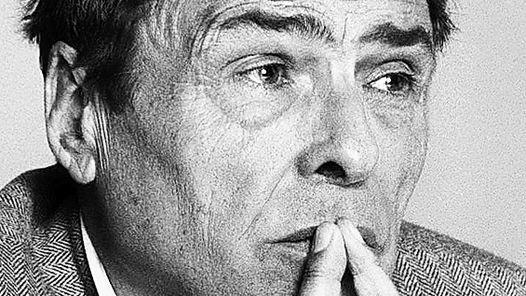 This is part of a collection of posts of quotations from The Sociologist and the Historian, (first published in French in 2010 and in English in 2015), a short collection of transcripts from a series of late 1987/early 1988 radio interviews between Roger Chartier and the late social theorist, Pierre Bourdieu.
This is part of a collection of posts of quotations from The Sociologist and the Historian, (first published in French in 2010 and in English in 2015), a short collection of transcripts from a series of late 1987/early 1988 radio interviews between Roger Chartier and the late social theorist, Pierre Bourdieu.
Here I am often tempted to tease my historian friends. They have a concern with writing, with good form, that is quite legitimate, but often they spare themselves the raw vulgarities of the concept, which are extremely important for the progress of the science. The concern for a good story can be very important because there is also a function of evocation, and one of the ways of constructing a scientific object is also to make it felt, make it seen, evoke it almost in the Michelet sense, though I do not care for this very much myself. Can you evoke a structure? That seems very strange, but it is one of the functions of the historian — as distinct from the sociologist, whose task it is, on the contrary, to disengage the immediate intuition; if he wants to explain and election night, he knows that the reader already knows too much about it; so he has to cut back, get down to the essential; while the historian, if he wants to talk about the Benedictine monks, can bring in the forest, etc. There is a function of fine style here. But sometimes, I believe, historians sacrifice too much to good form, and to that extent, do not carry through the break with initial experience, with aesthetic preferences, with the enjoyments associated with the object. (81)
Listen to the original radio broadcast, in French, here.

On the Self-Mystification of Intellectuals
 This is part of a collection of posts of quotations from The Sociologist and the Historian, (first published in French in 2010 and in English in 2015), a short collection of transcripts from a series of late 1987/early 1988 radio interviews between Roger Chartier and the late social theorist, Pierre Bourdieu.
This is part of a collection of posts of quotations from The Sociologist and the Historian, (first published in French in 2010 and in English in 2015), a short collection of transcripts from a series of late 1987/early 1988 radio interviews between Roger Chartier and the late social theorist, Pierre Bourdieu.
As far as populism is concerned, I do not believe that I’ve left the least room for ambiguity. Here again, I could use a Socratic metaphor: Socrates questions, but he does not take the answers he is given as legal tender. And the sociologist knows very well that people who give answers in perfectly good faith do not necessarily speak the truth. His whole work consists in constructing the conditions for elaborating truth on the basis of observed behaviors, of discourses, writings, etc. Even if there are always a few imbeciles who believe that the common people speak more truly than others. In fact, one aspect of people being particularly dominated is that they are particularly dominated by the symbolic mechanisms of domination. For example, anyone who thinks (this was the fashion at the time the left was in power) that putting a microphone in front of the mouth of a miner will gather the truth about miners; in fact, what you get are the trade union discourses of the last thirty years; and when you do the same with a farmer, you get the discourses of schoolteachers — transformed. So the idea that you could find a kind of place of original insight in the social world, whether this is the intellectuals, or the proletariat, or some other group, is one of those mystiques that have enabled intellectuals to give themselves a boost, but on the basis of a dramatic self-mystification. The sociologist listens, questions, has people speak, but he also gives himself the means of subjecting every discourse to criticism. That goes without saying in the profession, but I think it is not known outside of it. (25-6)
Listen to the original radio broadcast, in French, here.

On Sentiments and Discourse
That Wasn’t the Statue of Liberty: On Expectations and Labels

My family recently traveled to New York City. If you’re familiar with LaGuardia, our destination airport, you know that it is situated in such a way that it often gives airline passengers a nice shot of Manhattan and other noteworthy sights as they descend.
Upon our own descent, an interesting series of utterances escaped from my seven year old son, for whom this was his first visit to the city. Before the trip we had discussed some of the things that we would do while there, and as he looked out the window as the plane grew closer and closer to the earth, in his mind every span of trees became Central Park, every large skyscraper was the Empire State Building, and every island was Ellis Island, with the Statue of Liberty just too small to see because we were so high, he inferenced. Continue reading “That Wasn’t the Statue of Liberty: On Expectations and Labels”
On Anachronism
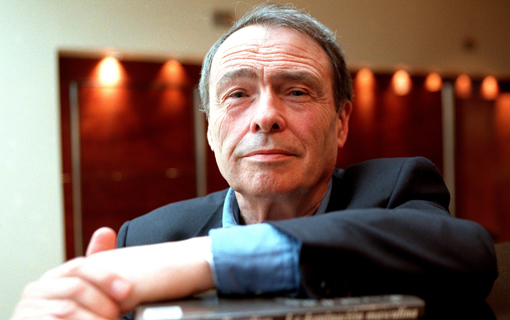 This is part of a collection of posts of quotations from The Sociologist and the Historian, (first published in French in 2010 and in English in 2015), a short collection of transcripts from a series of late 1987/early 1988 radio interviews between Roger Chartier and the late social theorist, Pierre Bourdieu.
This is part of a collection of posts of quotations from The Sociologist and the Historian, (first published in French in 2010 and in English in 2015), a short collection of transcripts from a series of late 1987/early 1988 radio interviews between Roger Chartier and the late social theorist, Pierre Bourdieu.
I believe that one of the contributions of my work … has been to turn the scientific gaze onto science itself. For example, to take occupational classifications as the object of analysis instead of using them without hesitation or reflection. The paradox is that historians, for example … often show an extraordinary naivety in their use of categories. For example, it is impossible to conduct longitudinal statistical studies comparing the status of medical doctors from the eighteenth century through to our day — perhaps I’m inventing this example — without being clear that the notion of a ‘doctor’ is a historical construction that has constantly changed. It is the very categories with which the historic object is constructed that should be the object of a historical analysis.
The same pertains in relation to the terms with which we speak about reality. ‘Politics,’ for example, is completely a historically constituted notion, constituted very recently; the world of what I call the political field is practically an invention of the nineteenth century. You could discuss — I don’t want to go out on a limb, being faced here with a redoubtable historian — but I believe that all these notions, all the words and concepts that we employ to conceptualize history, are themselves historically constituted; and strangely, historians are actually the most apt to fall into anachronism since, whether to seem modern or to make their work more interesting, or out of negligence, they employ words that are currently used to speak of realities within which these words were not current, or else had a different meaning. I believe that this reflexivity is extremely important. (11-12)
Listen to the original radio broadcast, in French, here.


